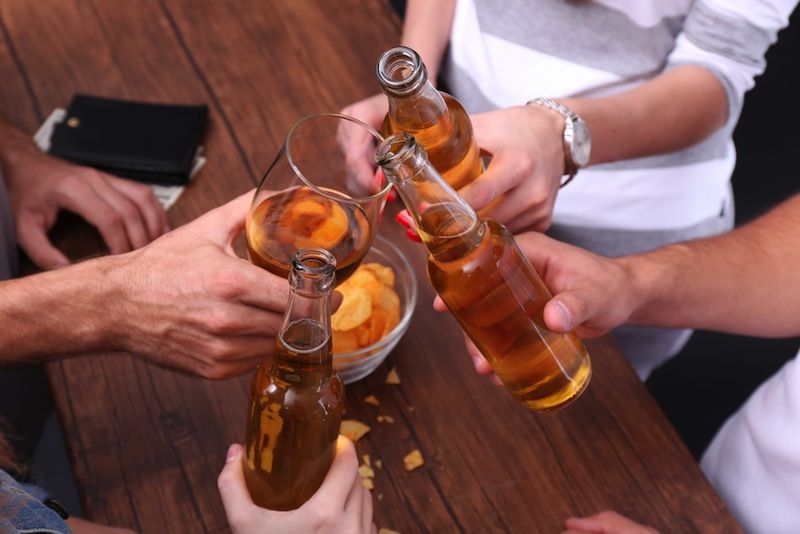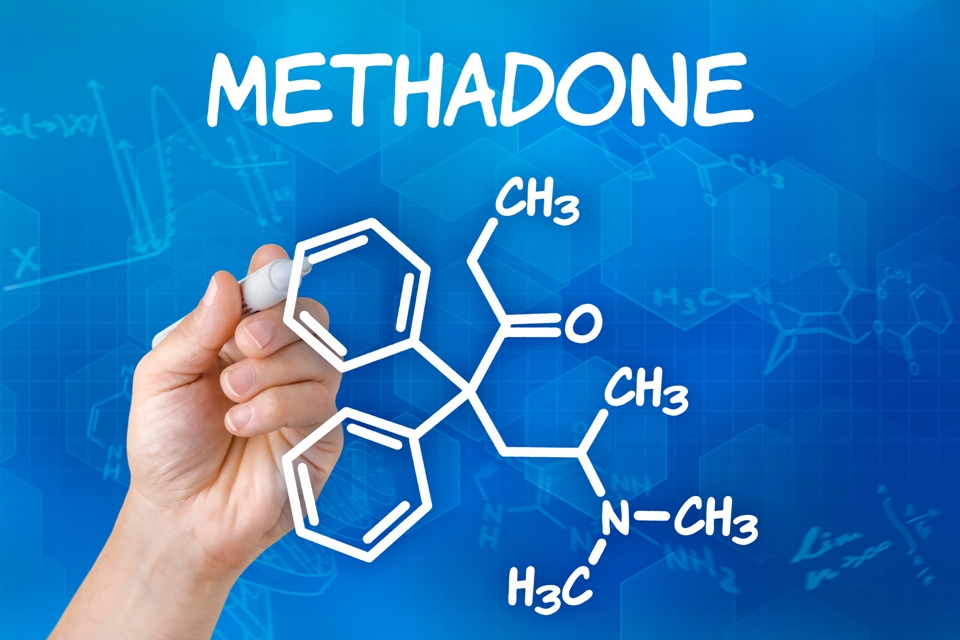You may have been in college and seen how it opens the wings of young people. While some kids stay in their lines and enjoy this newfound freedom, many others go to be more open to substance and alcohol abuse. But as they are still not mature enough, they may go all out to taking drugs and alcohol. They may not know how to control the urge and where to stop their last drink. This may cause them several kidney and liver diseases and even huge behavioral changes and psychological disorders.
This also leads them to become alcoholics with time and take substance abuse to a new level. Thankfully, rehab centers like RehabHC offer alcohol addiction treatment in the UK to help a teen get back to his normal life of sobriety from binge drinking days.
Alcoholism and College Goers – A Few Stats
If you look at the statistics, you will find staggering reports. College alcoholism is a scare that stares at parents and college authorities. Almost 80% of college students drink alcohol. As per the report in 2019, around 24.6% of the students between 14 and 15 years of age admitted to having drunk at least once. What harm could a single do, you may ask. But there is more to just one drink. If they do not control this, it could increase and end up becoming an addict sooner.
Reasons for College Goers to Binge Drink

- Peer Pressure: Remember that first party with the ‘new friends’ and ‘college group’? To fit in, they would be urged to drink under the pretext of just one drink. Before long, people end up swigging one more and then one more. This is how Binge drinking becomes a problem.
- Stress: Students in their high school and college years have to give many examinations, from standardized tests to more. They have SAT, GRE, and such tests staring at them, and they cannot avoid the pressure of excelling in it. The best way they find to handle this pressure and stress is by drinking.
- Loneliness: Many students indeed have to move away from home to study in better colleges. This means staying alone in dorms or hostels. They do not get the right group of friends to hang out with, and some may find solace in drinking.
- Family or the Lack of it: Teenagers become the rebels we all have been and feel no one understands them. This is why they may want to talk to their parents but might not have them when they need them the most. Such depression can also be the triggers to take them towards binge drinking.
When Does Drinking Take the Form of Alcoholism?
A standard drink will be as much as 0.6 fluid ounce or 14 grams of pure alcohol in the US. Now, college students and binge drinking are a constant hit, and as many as 4% of the alcohol consumed in the US alone is by youngsters. This is tragic, and this is what you should watch out for when you see your young son or daughter start partying in college years. They may, in turn, stop studying and leading a normal life altogether and become a social recluse. To stop this problem from taking control over their lives, you should take the teenager for alcohol addiction treatment in UK to reliable clinics like RehabHC.
Ways to Help the Youth from Alcoholism
- Notice the Patterns: As a parent or a concerned friend, you may notice that the person is drinking more often and in large quantities. They start talking or planning for more parties to drink. Such patterns should be enough for you to seek help.
- Consult with Rehab Healthcare: Take your friend to alcohol rehab in London, RehabHC. Here, you can talk to counselors yourself with your friend or college kid. They handle such patients at all times and hence, will be able to handle the topics with great maturity.
- Get a Roadmap to Recovery: It is difficult for adults to break out of alcoholism. It will not be easier for college teens to break out of binge drinking problems. They may also have similar withdrawal symptoms and become rough when you suggest them a treatment. But this is where the specialists come to the forefront. They will give you a thorough plan that might include alcohol addiction treatment in the UK through residential rehab. This would be an elaborate method and psychological counseling and medication to clear the system of any trace of alcoholism.
Binge drinking and underage drinking is a problem colleges and universities have tried to fight for years. The thrill of drinking at a younger age than the legally permitted one has been why the freshmen start drinking. Just with some care and treatment, you too might bring back the teenager to a healthier clean life.
Visit: https://rehabhc.co.uk/alcoholism-in-college-students/




